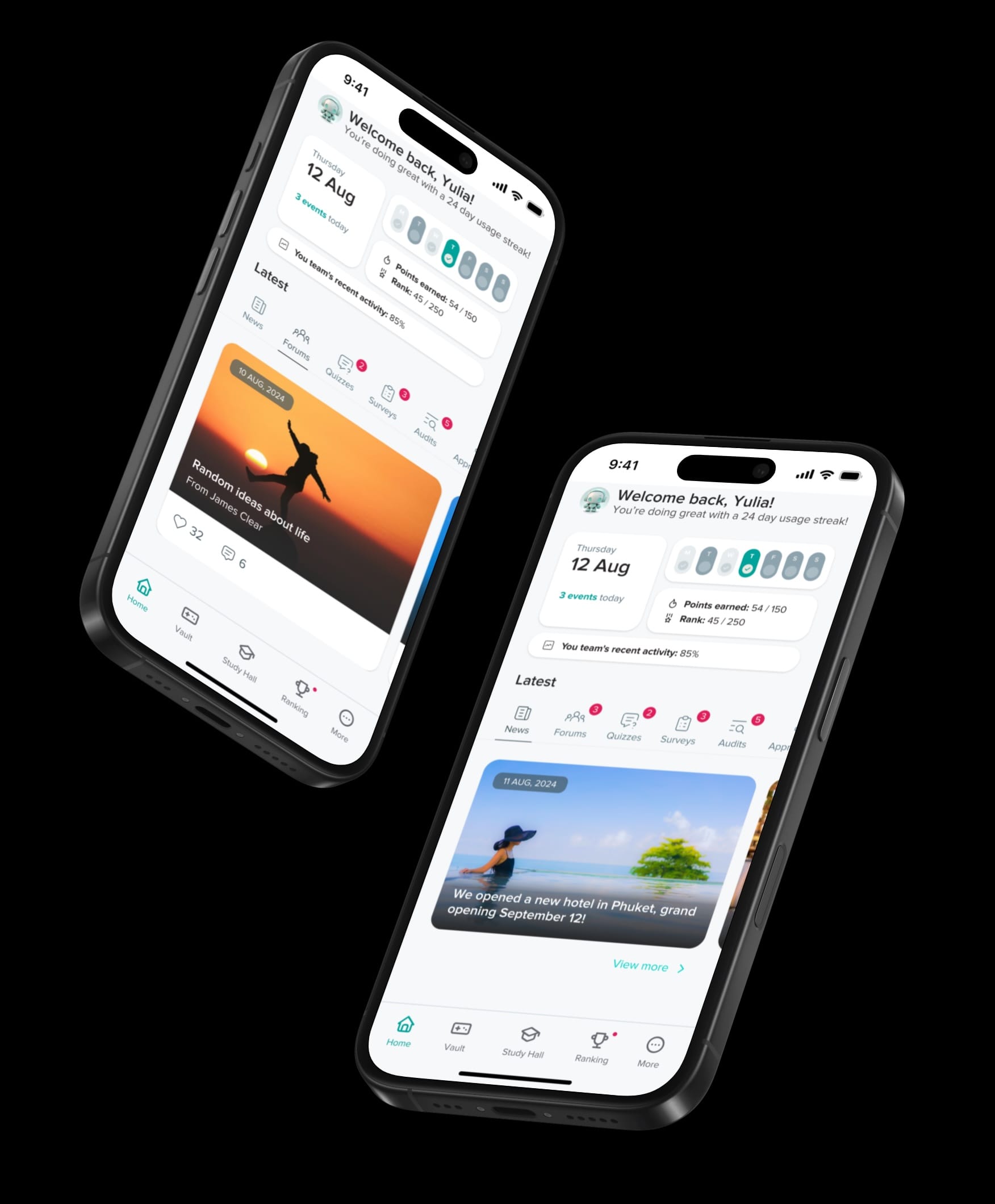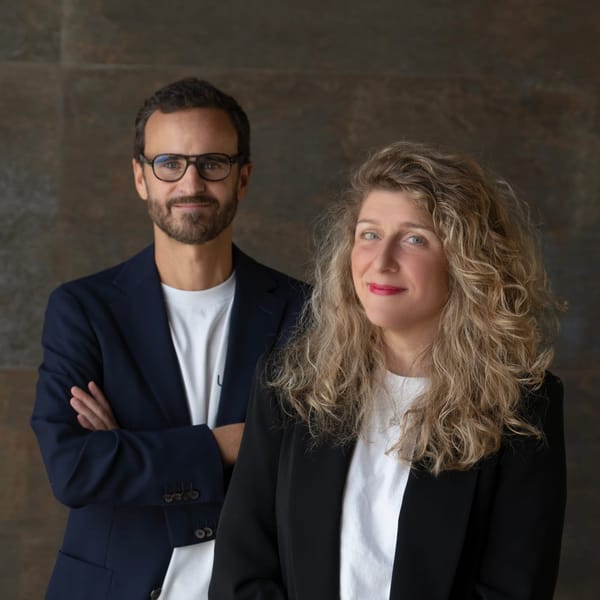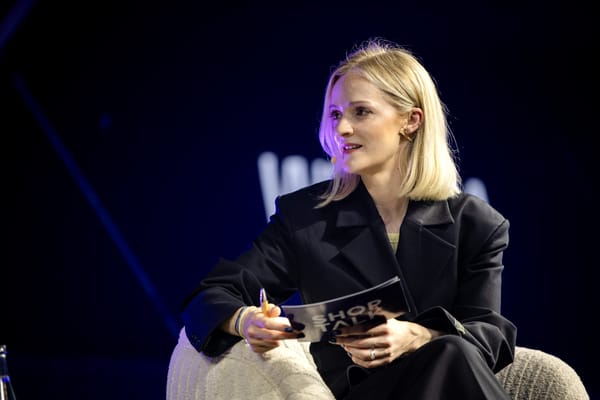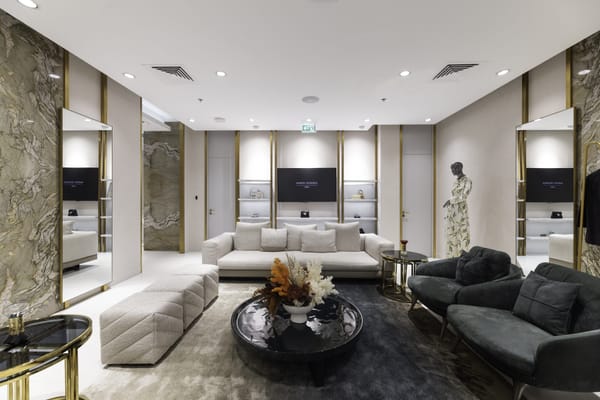We sat down with Matt to hear more about why he’s chosen Abu Dhabi as a base for the next chapter of growth, what excites him about the region’s rapid transformation, and how Atiom is helping organisations rethink training, culture, and performance in the workplace.
Let’s start with your elevator pitch: What is Atiom, and what problem does it solve?
Atiom is a behavioural tech platform designed to improve the performance, happiness, and service culture of frontline teams. In industries like hospitality, airlines and real estate, these employees interact most with customers yet often have the least access to tools for growth.
Traditional engagement surveys happen once a year, results arrive too late, and managers are left guessing what’s happening on a daily basis. Atiom flips that model. We provide mobile-first, daily engagement like bite-sized training, recognition tools, surveys, and audits, all gamified to encourage consistent use. Leaders get real-time insights into performance and sentiment, while employees feel empowered and connected to their brand.
Ultimately, Atiom bridges the gap between leaders and frontline execution, helping companies retain staff, elevate service, and drive stronger business results.
What inspired you to launch Atiom — and why base it in Abu Dhabi?
The inspiration came from my own frustration watching talented people in service industries burn out or disengage because their voices weren’t heard and their growth wasn’t prioritised. I believed technology could bridge that gap, but it had to be designed for the realities of frontline life (e.g. fast-paced, mobile, and people-first).
We launched Atiom initially in Asia, but expanding to Abu Dhabi was a deliberate choice. The UAE is becoming a global hub for innovation and hospitality, and Abu Dhabi in particular has built an ecosystem that supports ambitious founders. Its location also makes it a perfect bridge between Asia, the Middle East, and Europe, where many of our clients operate. It’s a perfect match with the UAE’s commitment to diversifying its economy, with our mission to redefine productivity and workplace engagement on a global scale.

You’re part of Hub71 — how has that ecosystem supported your growth and vision?
Hub71 has been instrumental in helping us scale. Beyond the obvious benefits, such as office space, introductions to investors, and access to funding, the true value has been the community.
Building a company can be an isolating experience, and having a network of other founders who are going through similar challenges is invaluable.
Hub71 also provides credibility. Being part of its portfolio signals to global clients and partners that we’re vetted and supported by one of the region’s leading innovation hubs. More importantly, it has given us a platform to position ourselves not just as a regional player, but as a global company maturing in the Middle East.
What’s unique or misunderstood about building a tech company in the Middle East?
The Middle East is often underestimated as a place to build a globally competitive tech company. There’s still a perception that it’s primarily a market for expansion rather than a base for innovation.
In reality, the region boasts unique advantages, including diverse talent pools, supportive government initiatives, and access to both established and emerging markets. The challenge and sometimes the misunderstanding is around timelines. Things can move incredibly fast when you’re aligned with government-backed initiatives, but building sustainable, scalable businesses here still requires patience.
Atiom focuses on employee engagement — what trends or needs are you seeing in workplace culture today?
Workplace culture is being redefined. Employees today expect more than a paycheck. They want growth, recognition, and connection to a larger purpose. This is particularly true in hospitality and service industries where turnover is traditionally high.
We’re seeing three key trends: first, a shift toward micro-learning and real-time feedback rather than long training sessions or annual surveys. Second, the growing importance of inclusivity, which means ensuring all employees, from head office to the frontlines, have a voice. And third, the recognition that culture drives profit.
Companies used to treat culture as a “soft” issue, but now it’s directly linked to retention, customer experience, and brand value. Atiom taps into all three by creating a platform that’s engaging for staff and insightful for leaders, making culture measurable and actionable.
As a founder, what’s one lesson you’ve learned from scaling Atiom that others should know?
One of the biggest lessons is that consistency beats intensity. In the early days, I wanted everything to happen fast, like fundraising, client wins and product launches. But sustainable growth comes from consistently showing up, building trust with clients, iterating on feedback, and investing in people.
Another lesson is that transparency with your team is non-negotiable. Startups are full of uncertainty, and your people will stick with you if they feel included in the journey. Finally, I’ve learned that saying “no” is just as powerful as saying “yes.” Not every opportunity is the right one, and focus is what separates startups that burn out from those that break through.
What’s next for you and Atiom?
The next phase for Atiom is global scale. We have employees in over 70 countries using Atiom, and we’ve already shown a strong impact in Asia and the Middle East. Now we’re building toward deeper penetration in Europe, Africa and the Americas.
On the product side, we’re going big on AI tools. We also want to set a new benchmark for workplace excellence, moving beyond legacy frameworks like “Great Place to Work” to create real-time standards of productivity, happiness, and service culture.
Personally, I’m excited to continue learning as a founder and to keep pushing Atiom into new industries like aviation, real estate, and healthcare.
Our vision is bold yet simple: to redefine what it means to build a truly engaged and high-performing workplace.
Find out more about Atiom here: https://www.atiom.app/












